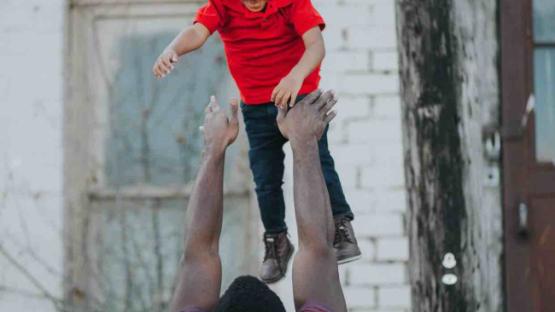
Photo by Conner Baker on Unsplash
You have the right to have what you need so that you and your family do not go hungry, homeless or fall ill.

Photo by Conner Baker on Unsplash
In the UK, asylum seekers cannot claim benefits. Some of them are entitled to an ASPEN card, a pre-paid payment card that allocates them a weekly sum of money. Most of them are allowed to use it the way we would use any debit card. But people, whose applications have been refused but who cannot return to their countries, aren’t allowed to withdraw cash. That means that every single payment they make can be monitored by the Home Office.
Evidence has started emerging that this monitoring has led the Home Office to suspend their support if they think the asylum seekers purchasing habits are ‘suspicious’. For instance, if a person travels regularly to a different town or if they don’t spend all their money, it may be interpreted as indicating that they are doing undeclared work.
An investigation by The Sunday Times revealed that some people are being punished for making trips, including a teenage girl who bought a train ticket - using a donation from a local church - to attend her father’s wake and a Sudanese man living in the Midlands who had his benefits withdrawn after attending a court hearing in London.
Alongside the significant financial consequences that come with the withdrawal of support - this system has also mental health consequences, as asylum seekers find themselves under the constant and inescapable watch of the UK Home Office, after they had to flee their own countries often because of oppressive political regimes.
Just a reminder that those whose applications have been refused, are only given £35 a week, a sum of money that would hardly allow for an adequate standard of living, especially in regards to food, well-being and clothing.
PI is working with other organisations to expose and challenge this system, which by its very nature violates fundamental rights and highlights how privacy matters to protect our standard of living.
1. Everyone has the right to a standard of living adequate for the health and well-being of himself and of his family, including food, clothing, housing and medical care and necessary social services, and the right to security in the event of unemployment, sickness, disability, widowhood, old age or other lack of livelihood in circumstances beyond his control. 2. Motherhood and childhood are entitled to special care and assistance. All children, whether born in or out of wedlock, shall enjoy the same social protection. Article 25, Right to adequate standard of living